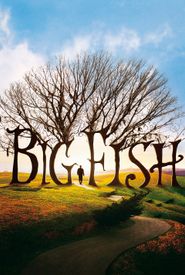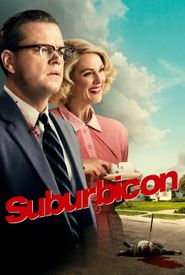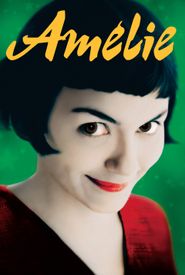Harry Akst, a celebrated songwriter of the 1920s and 1930s, emerged from a family steeped in a rich musical tradition. His father, a violinist of distinction, associated with the esteemed Metropolitan Opera, nurtured in him a profound appreciation for music from a tender age.
By the time Harry had reached the tender age of five, he had already commenced his piano studies, and by the time he was merely in his second year of high school, he had evolved into a proficient professional, his remarkable talent already beginning to unfold.
Harry's formative years in the entertainment industry were characterized by a lengthy tenure in vaudeville, a period that spanned four consecutive years, during which time he had the privilege of accompanying the renowned singer Nora Bayes. This stint in vaudeville proved to be a pivotal experience, as it not only allowed him to hone his craft but also facilitated his acquaintance with the illustrious Irving Berlin. As a result of their burgeoning friendship, Harry soon found himself in the role of staff pianist for Berlin's publishing company, a position that afforded him the opportunity to compose his very first song. Furthermore, it was during this period of creative collaboration with Berlin that he co-authored the hugely successful "Home Again Blues" in the year 1921, a testament to his burgeoning talent and the fruitful partnership that he shared with the legendary songwriter.
The subsequent year, Harry took the significant step of affiliating himself with the esteemed American Society of Composers, Authors, and Publishers, a prestigious organization that has been a cornerstone of the music industry for over a century. This marked the beginning of a new chapter in his illustrious career, as he went on to leverage his remarkable talent for conducting and composing to make a name for himself on the esteemed stages of Broadway. His impressive portfolio soon expanded to include a wide range of creative endeavors, as he began to craft and orchestrate original music for various theatrical productions. Eventually, Harry's artistic ambitions led him to relocate to the vibrant city of Hollywood, where he immersed himself in the fast-paced world of film and television. There, he honed his skills as a songwriter, lyricist, and composer, producing a diverse array of songs, lyrics, and stock music for prominent studios such as Fox and Warner Brothers. In addition to his behind-the-scenes work, Harry also made memorable appearances in a select few films, further solidifying his reputation as a talented and versatile artist.
Throughout the extensive duration of his illustrious career, Harry Akst made significant contributions to the world of music by composing numerous timeless standards, a notable few being "Dinah", a melodic masterpiece crafted in 1925, "Baby Face", a charming tune born in 1926, "Am I Blue?", a poignant ballad that resonated with audiences in 1929, and "Travelin' Light", a catchy ditty that brought joy to listeners in 1937.
In 1943, Harry embarked on a remarkable journey, joining the esteemed Al Jolson on a tour with the U.S.O., performing for troops stationed at various overseas military bases, bringing much-needed entertainment and morale boosts to those serving their country.
Following this tour, Harry continued to work diligently as a skilled accompanist and "song selector" for the legendary Al Jolson, collaborating with him on a multitude of musical endeavors. One of their most notable collaborations was the co-writing of the title song for the hit comedy film "The Egg and I", which premiered in 1947, cementing Harry's status as a talented and versatile composer.
Harry Akst, a renowned songwriter of his era, breathed his last breath on March 31, 1963, at the ripe age of 69, leaving behind a trailblazing legacy that would be etched in the annals of music history as one of the most prolific and recorded songwriters of his time, with his compositions having been immortalized in the hearts and minds of music lovers for generations to come.
Biography:
Harry Akst was born on June 15, 1894, in San Francisco, California. He began his musical journey at a tender age, learning to play the piano and eventually becoming a skilled accompanist. Akst's big break came in the 1920s when he started working as a songwriter for various music publishers. He quickly gained recognition for his catchy melodies and clever lyrics, penning hits for legendary artists such as Al Jolson, Ethel Waters, and Bessie Smith.
Throughout his illustrious career, Akst wrote over 1,000 songs, with many of them becoming timeless classics. He worked with some of the most prominent music publishers of his time, including Irving Berlin, George Gershwin, and Jerome Kern. Akst's compositions spanned multiple genres, including jazz, blues, and popular music, showcasing his versatility and range as a songwriter.
Despite his success, Akst remained humble and dedicated to his craft, continuing to write music until his passing on March 31, 1963. His legacy continues to inspire and influence new generations of songwriters and musicians, cementing his place as one of the most celebrated and enduring songwriters of the 20th century.
























